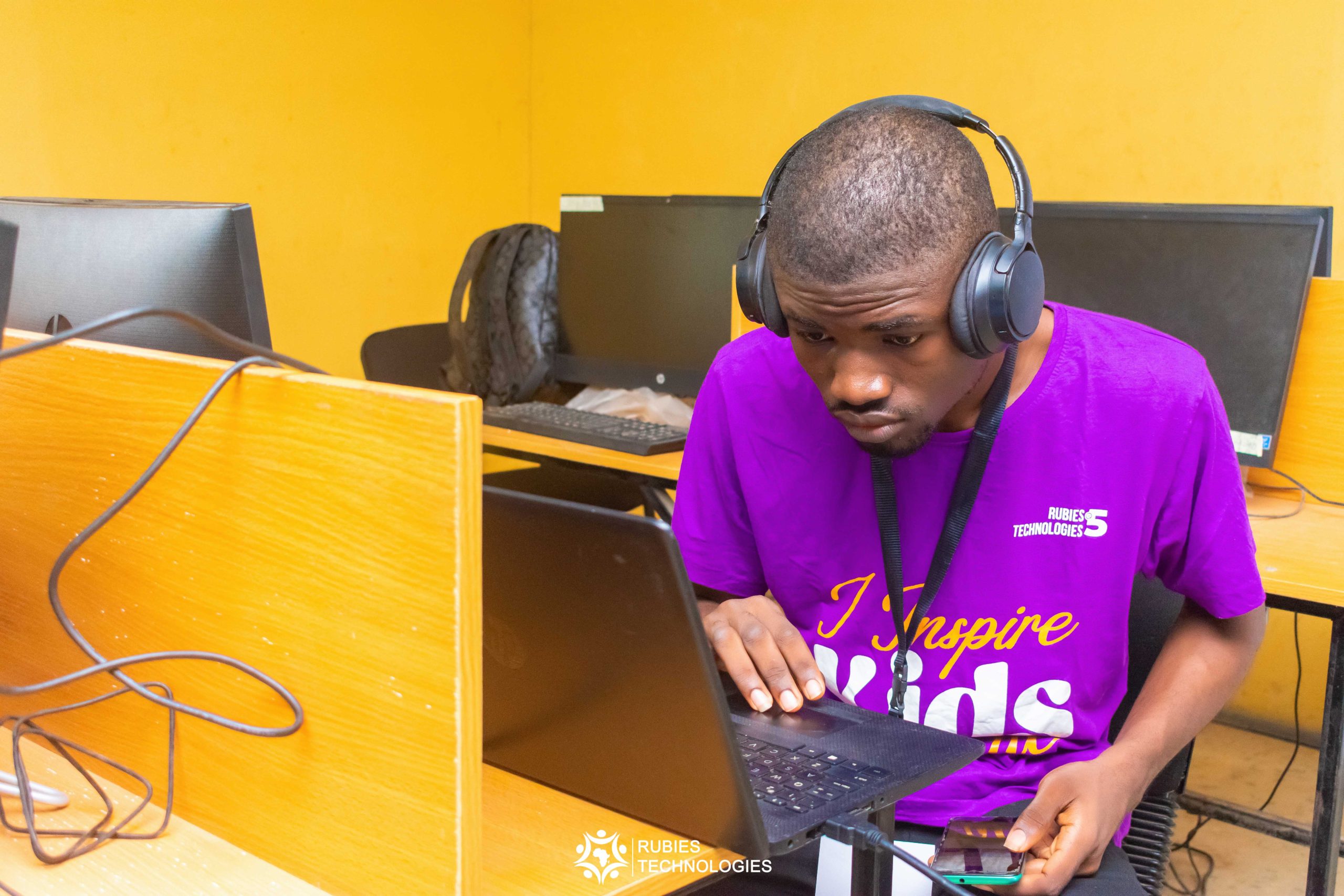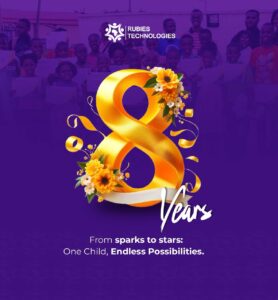A portfolio is a collection of work that showcases your skills and experience. It can be used to apply for jobs, internships, or other opportunities. A strong portfolio will highlight your best work and demonstrate your ability to complete projects to a high standard.
Why is a portfolio important?
A portfolio is important because it gives potential employers a way to assess your skills and experience without having to meet with you in person. It can also help you to stand out from other candidates who have similar qualifications.
How to build a strong portfolio
● Choose your best work. Include only your best work in your portfolio. This means selecting projects that are high quality, well-organized, and relevant to the opportunities you are applying for.
● Be selective. Don’t overload your portfolio with too much work. It’s better to have a smaller portfolio with a few high-quality pieces than a large portfolio with a lot of mediocre work.
● Tell a story. Your portfolio should tell a story about your skills and experience. It should show how you have developed your skills over time and how you have
used them to complete successful projects.
● Get feedback. Ask friends, family, or colleagues to review your portfolio and give you feedback. This can help you to identify any areas where you can improve.
Tips for creating a digital portfolio
● Use a professional website builder or platform. There are many different website builders and platforms available, so choose one that is easy to use and has a professional look and feel.
● Make sure your portfolio is easy to navigate. Visitors should be able to easily find the information they are looking for.
● Use high-quality images and videos. Images and videos are a great way to
showcase your work. Make sure to use high-quality images and videos that are relevant to your portfolio.
● Keep your portfolio updated. Regularly update your portfolio with new work and projects. This shows potential employers that you are actively developing your skills and experience.
Written by Stephen Afape



